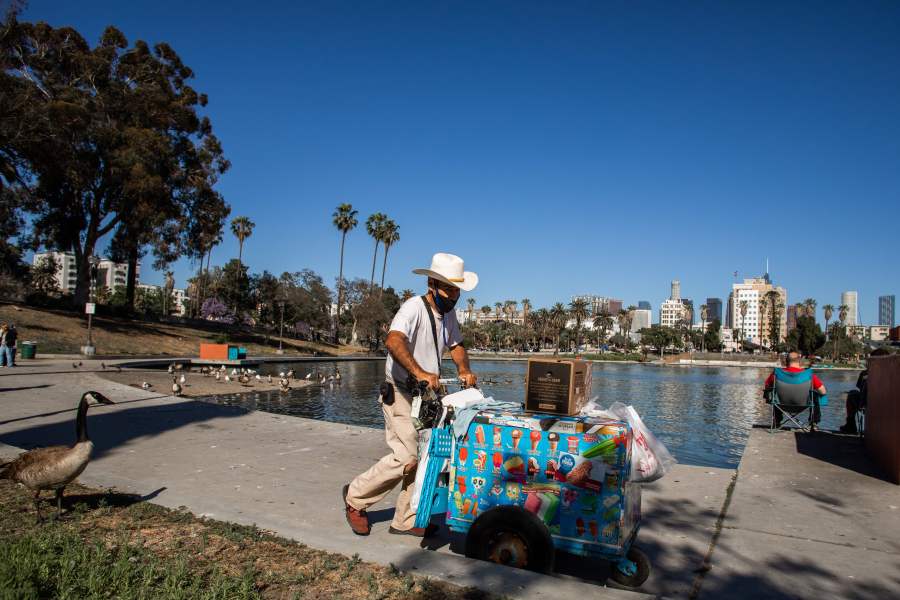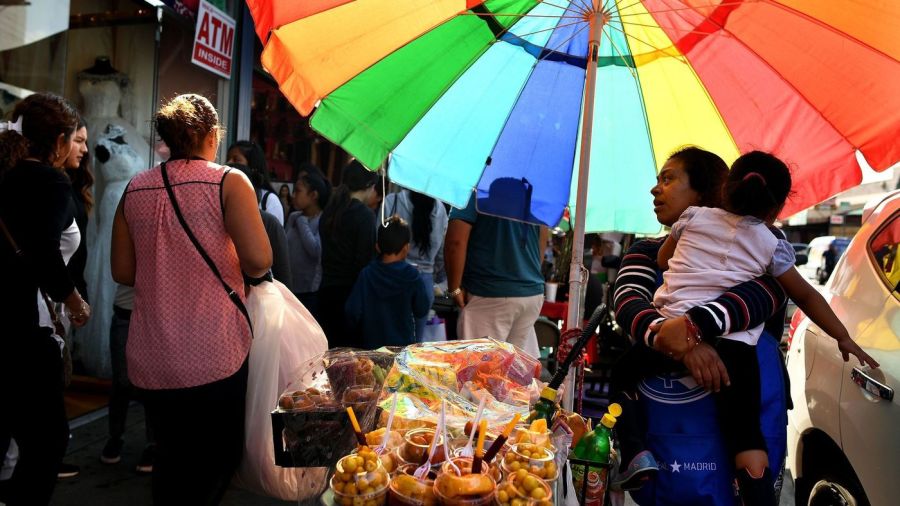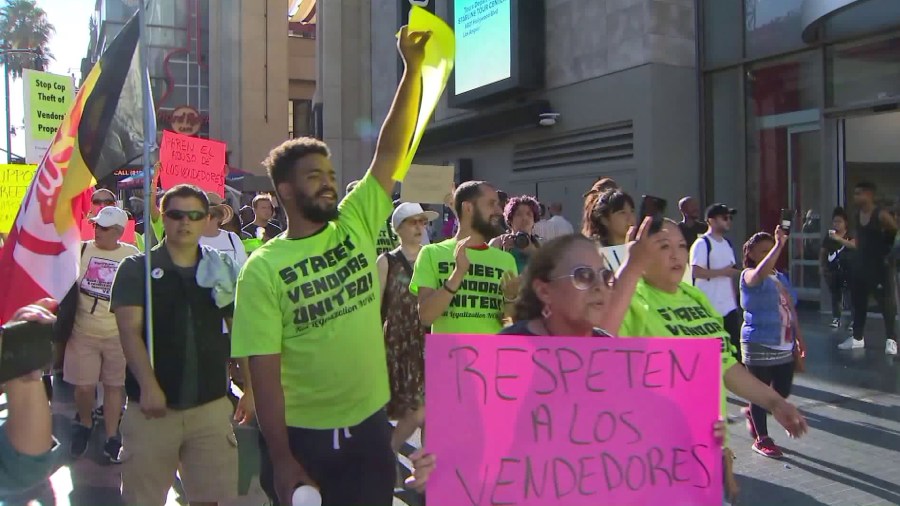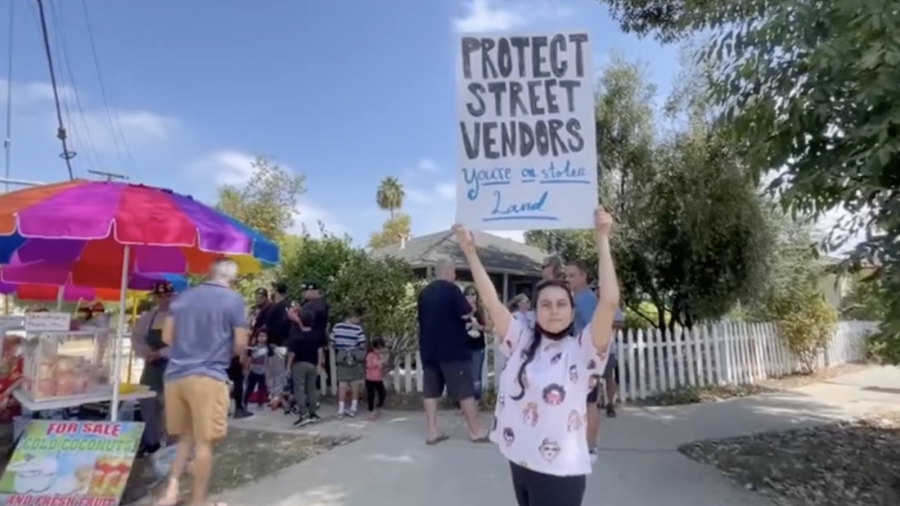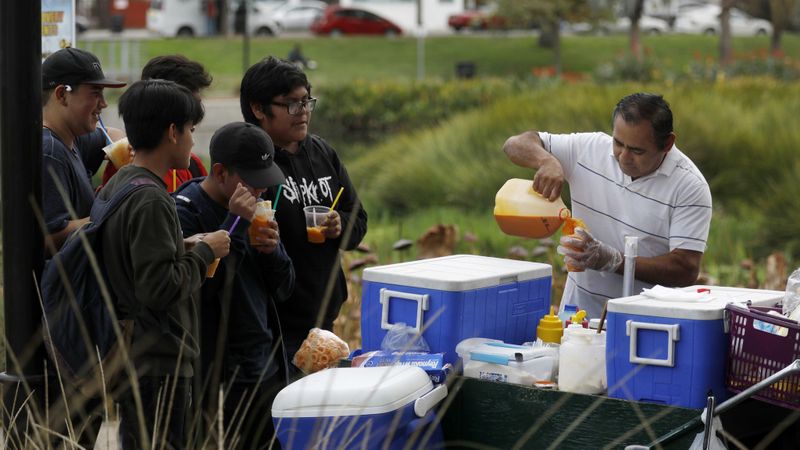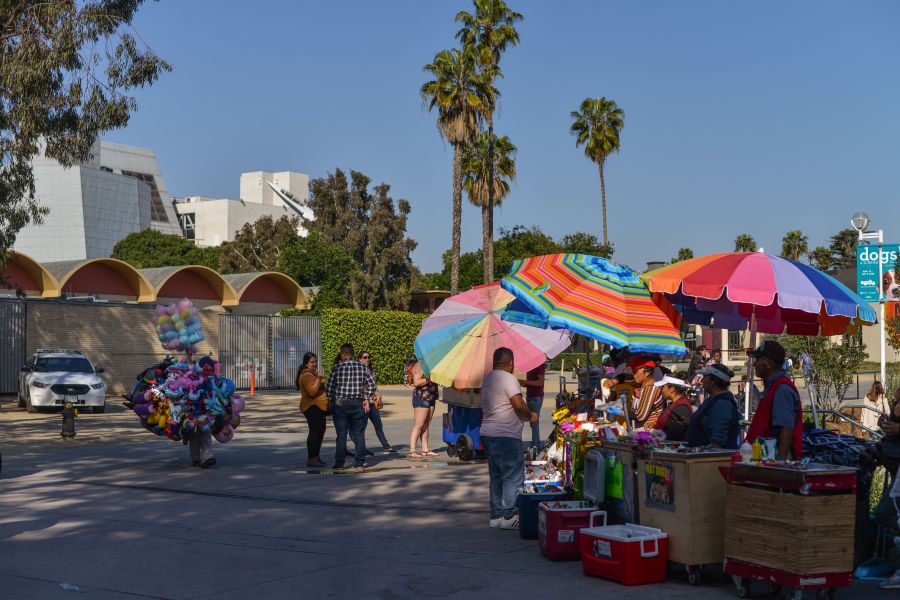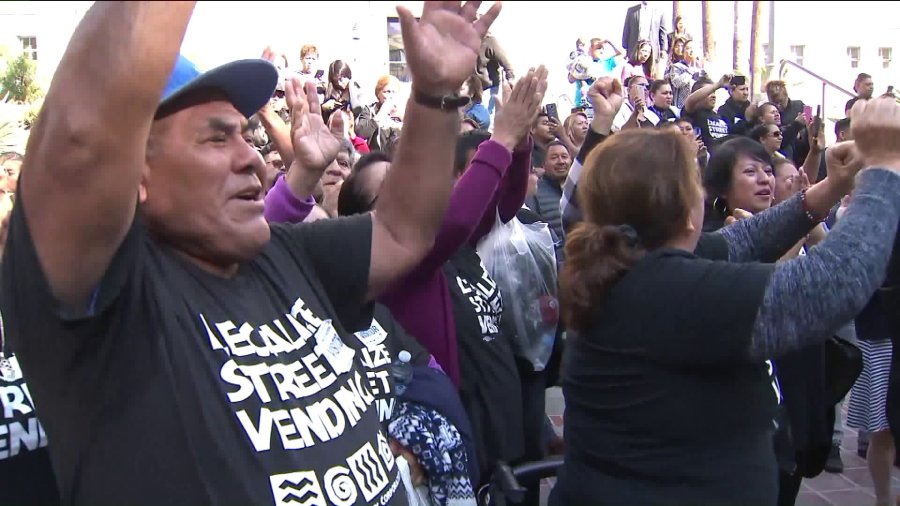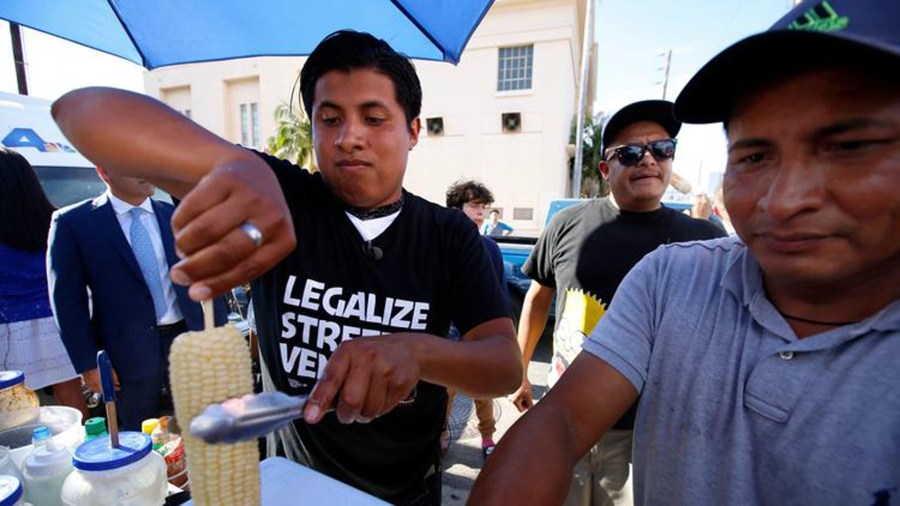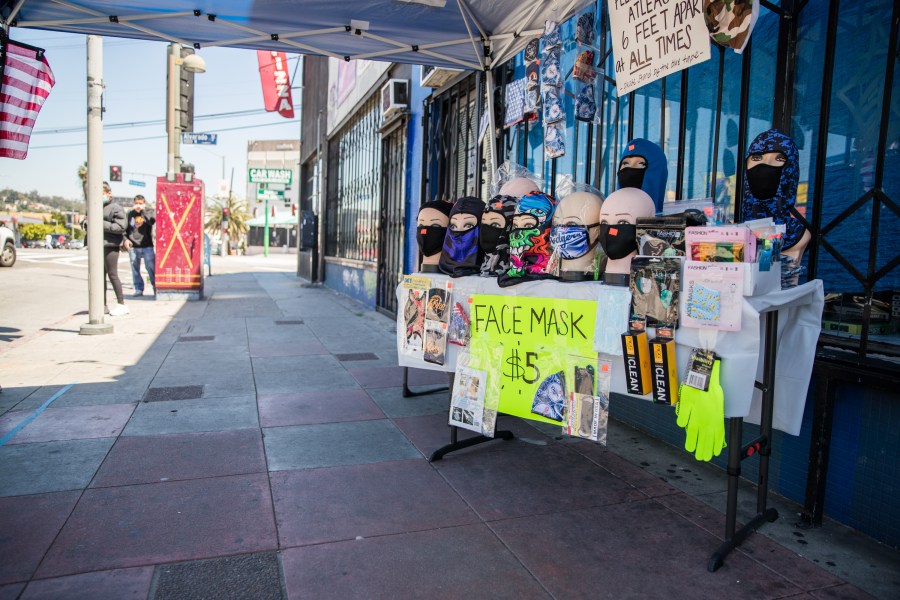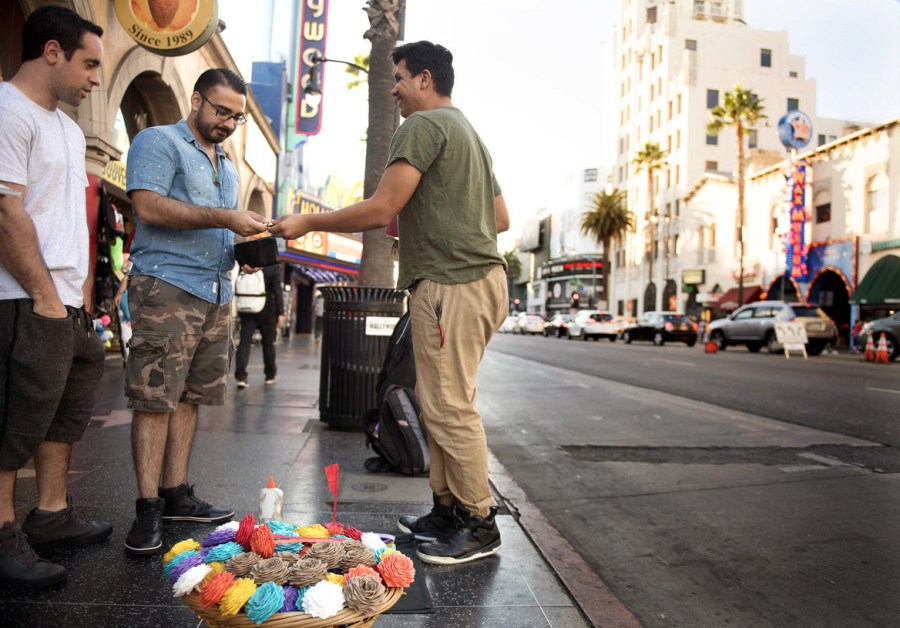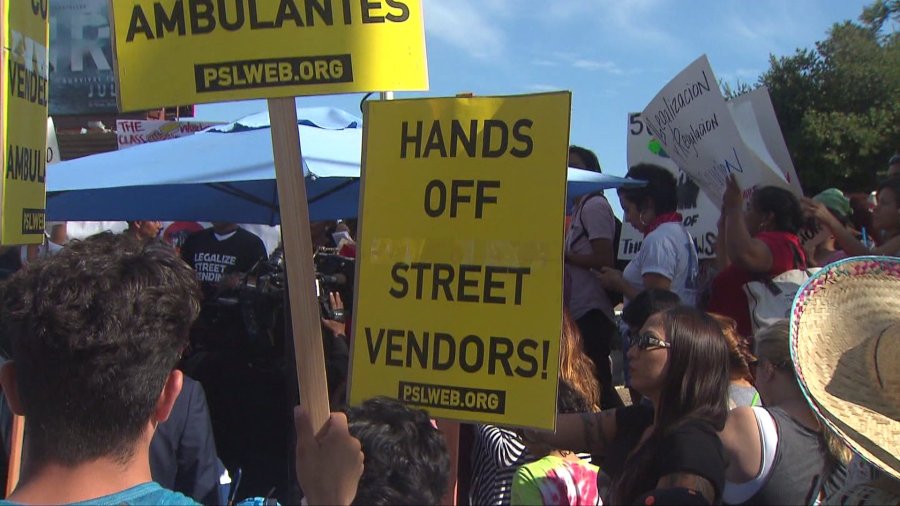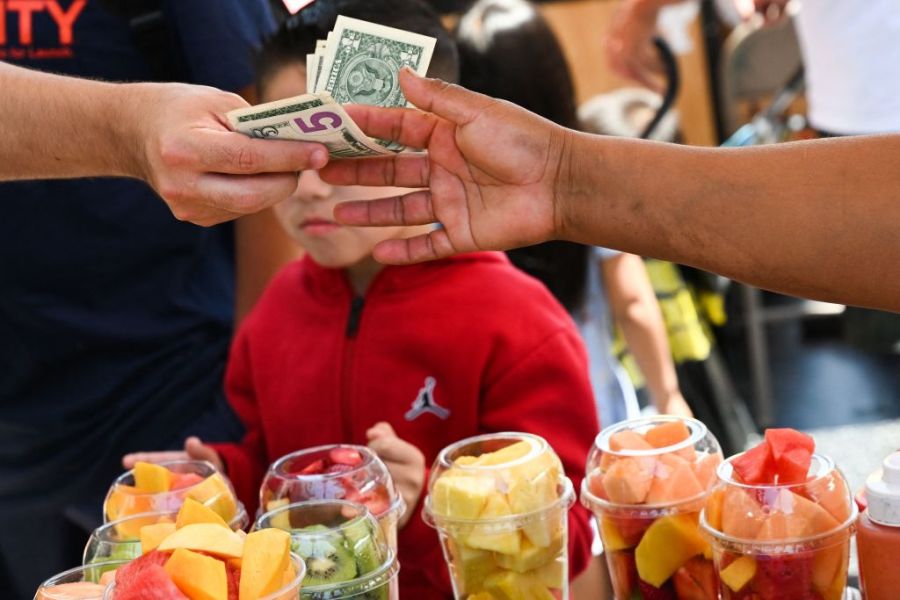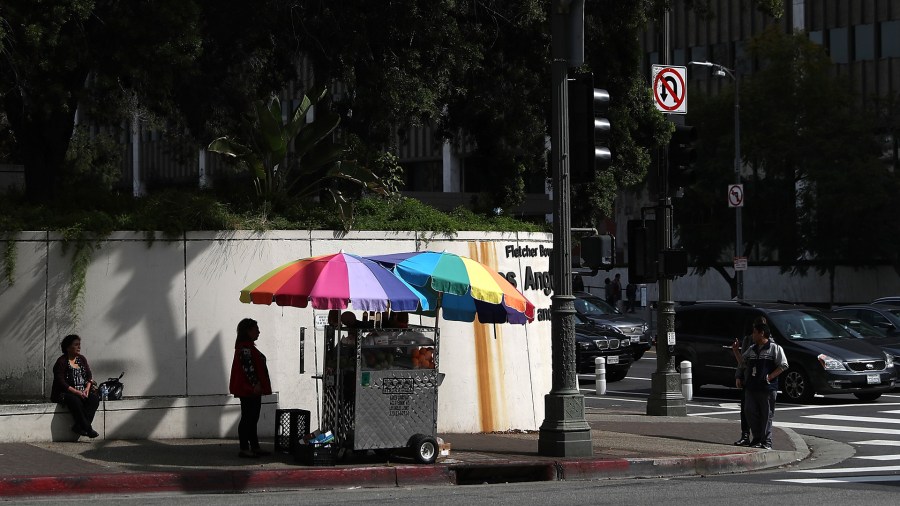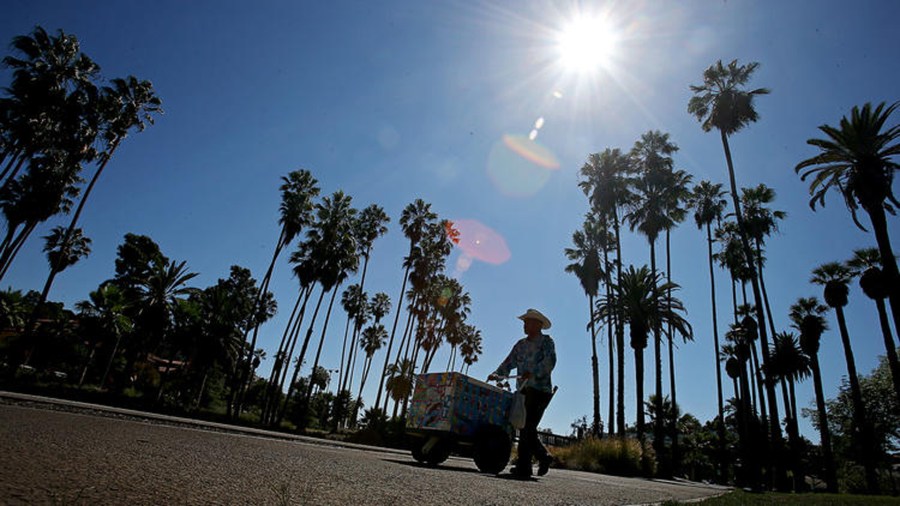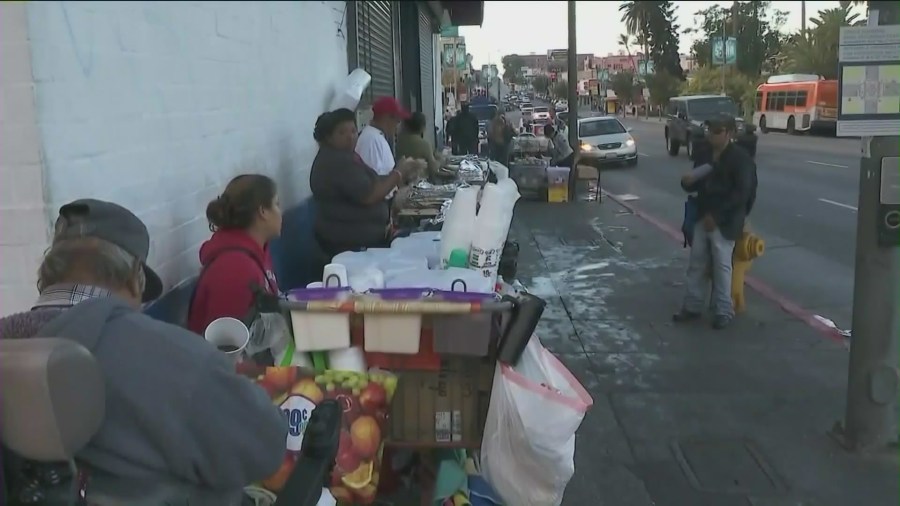The city of Santa Clarita filed a lawsuit against a street taco vendor for operating illegally after thousands of dollars in unpaid citations.
Lawyers for the city have filed a lawsuit seeking an injunction against Tacos Jacky, “an illegal sidewalk vending operation currently operating within the public right-of-way at various locations,” officials said.
Plans to file the lawsuit come after “exhausting all administrative processes” to address dozens of health and safety violations, officials said. The injunction would force the sidewalk vendor to temporarily cease operations until health and safety standards are met.
Since 2019, officials said Tacos Jacky had been operating without a valid peddler’s license, public health permit or sidewalk vending permit which was in violation of the city’s municipal code.
City staff members conducted 218 site inspections at multiple Tacos Jacky locations. During those inspections, officials allegedly witnessed 74 instances of the vendor operating with “dangerous food safety conditions which posed an immediate health and safety” to residents.
Notices to stop operations immediately went ignored, according to the city, and despite staff providing information on vending requirements, Tacos Jacky did not comply.
The city has since issued 40 citations to Tacos Jacky operators, totaling about $17,250 in unpaid citations. No further details were released as the issue remains ongoing.
The impending lawsuit follows similar incidents amid the fraught relationship between street vendors and city regulations.
In December 2022, street vendors in Los Angeles filed a lawsuit against the city’s “no vending” zones, especially near popular tourist attractions such as the Hollywood Walk of Fame.
The lawsuit seeks to overturn the city’s limits on where vendors can sell food, calling the legislation unlawful and discriminatory.
The lawsuit alleges the anti-vending zones violate S.B. 946, the Safe Sidewalk Vending Act, a 2018 state law that legalized street vending while also decriminalizing it, so long as sellers purchased permits and followed procedures.
The vendors’ lawsuit hopes to overturn the city’s no-vending zones, which prevent food from being sold on the street within 500 feet of certain neighborhoods and attractions, such as the Hollywood Walk of Fame.
“The city of L.A. has implemented no-vending zones in some of its most popular cultural and commercial areas of the city without really providing any evidence or any reason why they banned vending in those areas,” said Brandon Payet, an attorney representing the vendors.
In the lawsuit, vendors argue they have already paid for a permit, which they claim should allow them to sell anywhere in the city. City officials, meanwhile, argue that street vending could worsen congestion or cause overcrowding in some specific areas.
Although Payet noted “there are real safety concerns,” he added that “the city has not done anything to show that those safety concerns are directly related to sidewalk vending and that the restrictions that it has implemented on sidewalk vending are actually going to solve those issues.”
As the suit remains ongoing, the city council voted in March to study and possibly lower the annual fee for sidewalk and park vending permits.
Vendors who have been caught selling in no-vending zones have received expensive tickets, sometimes racking up costs into the thousands of dollars.

